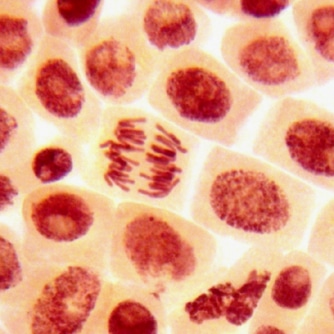Stem cells are a critical part of the human body’s immune system. When infections occur, stem cells in the blood multiply and differentiate into mature immune cells to fend off illness. But repeated infections and inflammation can deplete these cell populations, potentially leading to the development of serious blood conditions such as cancer. Researchers at the California Institute of Technology (Caltech; California, USA) reports that, in mouse models, the molecule microRNA-146a (miR-146a) acts as a critical regulator and protector of blood-forming stem cells (called hematopoietic stem cells, or HSCs) during chronic inflammation, suggesting that a deficiency of miR-146a may be one important cause of blood cancers and bone marrow failure. The team developed a mouse model that lacks miR-146a. When subjected to a state of chronic inflammation, mice lacking miR-146a showed a decline in the overall number and quality of their HSCs; normal mice producing the molecule, in contrast, were better able to maintain their levels of HSCs despite long-term inflammation. The study findings provide, for the first time, a detailed molecular connection between chronic inflammation, and bone marrow failure and diseases of the blood. These findings could lead to the discovery and development of anti-inflammatory molecules that could be used as therapeutics for blood diseases. In fact, the researchers believe that miR-146a itself may ultimately become a very effective anti-inflammatory molecule, once RNA molecules or mimetics can be delivered more efficiently to the cells of interest.
Extending Stem Cell Longevity
JL Zhao, DS Rao, RM O’Connell, Y Garcia-Flores, D Baltimore. “MicroRNA-146a acts as a guardian of the quality and longevity of hematopoietic stem cells in mice.” eLife, May 21, 2013.




